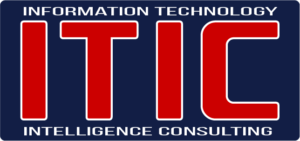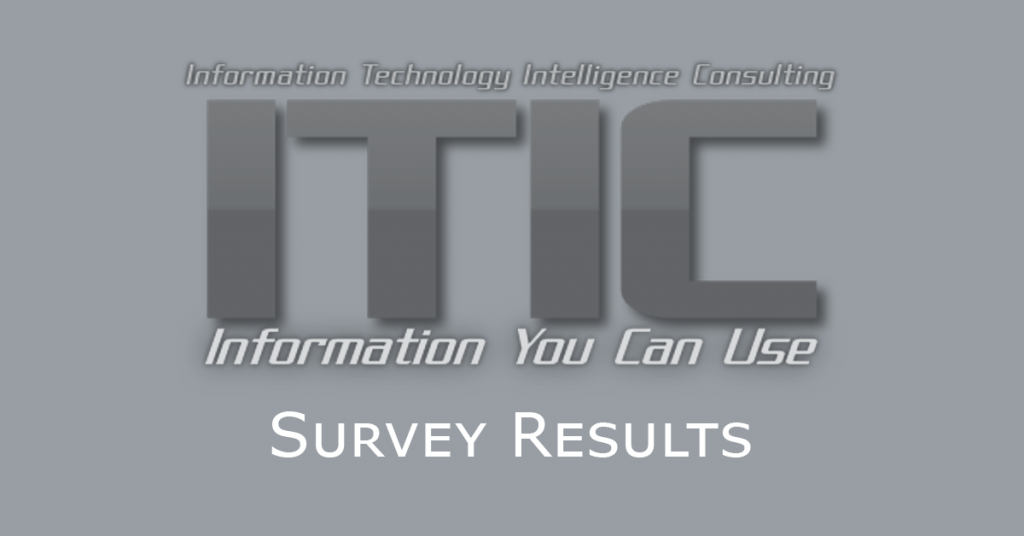European Commission vs. Intel
- Record $1.45B fine
- Intel appeals, proclaims innocence
- EC doesn’t disclose what it does with money
- Kroes cries “foul” for consumers but doesn’t dispense funds
- Why are biggest fines levied against American firms?
There are several things about the European Commission’s ongoing five-year antitrust investigation involving Intel Corp. and today’s imposition of a record breaking $1.45B (US dollars) fine against the chip maker, that ITIC finds disturbing.
To recap, the EC, led by European Competition Commissioner Neelie Kroes, asserts that Intel violated European antitrust regulations and abused its dominant market position by undercutting rival Advanced Micro Devices (AMD) prices. The EC says that over a five year period from 2002 through 2007 (two of them on current Intel President and CEO, Paul Ottelini’s watch) that Intel sought to exclude AMD from European markets by giving hefty rebates to all of the top hardware makers and even paying Media Saturn Holding, which owns the MediaMarkt electronics chain of stores to stop or delay stocking PCs equipped with AMD chips.
Consequently, the EC today slapped Intel with a whopping $1.45 billion fine. That figure bests the roughly $1.2B (US dollars) the EC imposed on Microsoft in 2004-2005, for anti-competitive actions in the server operating system and media software markets. In a prepared statement, Ms. Kroes said that “Intel used illegal anticompetitive practices to exclude its only competitor and reduce consumers’ choice – and the whole story is about consumers,” adding that Intel’s action “undermined innovation.” Kroes positively crowed about the EC’s action against Intel even joking that, “Intel would have to change its new tagline – “sponsors of tomorrow” – to “sponsors of the European taxpayers.”
Intel is aggressively and vocally proclaiming its innocence. In a teleconference call with reporters and analysts earlier today president and CEO Paul Ottellini strongly denied the charges, stating that “Intel never sells products below costs” and he vowed to appeal the EC’s decision and fines. Intel was also the subject of similar past and current antitrust probes in Japan and Korea and most recently here in the U.S. by the Federal Trade Commission and the Attorney General in New York. Ottellini told reporters and analysts that to date, none of Intel’s customers or OEM manufacturing partners, who include Acer, Dell, HP, Lenovo or NEC have complained or joined the complaint against them. “It’s hard to imagine how consumers were harmed since we lowered prices and AMD claims that it’s more vibrant than ever. Intel has not yet seen all the details of the 500 page document does. It’s a very competitive business in most cases our customers are larger than Intel with excellent negotiating powers.
It may take months or years before Intel is found innocent or guilty, but the EC and its Competition Commissioner Neelie Kroes, are not White Knights crusading on behalf of downtrodden consumers, as Kroes herself is fond of saying. Since Kroes was appointed to be the top watchdog for the EC five years ago, she’s gone gunning for big U.S. firms, making headlines and imposing exorbitant fines in the process. They don’t get any bigger than Microsoft and now Intel.
Intel should feel gratified that the EC and Kroes didn’t impose the stiffest penalty. Under EC Article 82, the trade body can fine Intel for up to 10% of its annual worldwide sales! Intel’s fiscal 2008 revenues were a whopping $37.6 billion. So theoretically, according to its own rules, the EC could have fined Intel $3.8 billion.
For the record, ITIC believes that any corporation, that is found guilty of predatory antitrust activities against competitors should be held accountable for their actions and pay the proverbial piper to the fullest extent that the law will allow. ITIC also believes that the punishment should fit the crime. That didn’t happen with Microsoft – when the EC compelled the Redmond, Washington software giant to manufacture a version of Windows that did not contain a media player and sell it for the same price as the version that bundled the media player software. Microsoft spent tens of millions doing that only to have distributors refuse to stock it and in the end, EC antitrust regulations prohibited Microsoft from even giving it away! What was the purpose – other than spite – to make Microsoft build a product that no one wanted?
The EC’s own actions – most notably with respect to what it does with the penalty monies they collect – are as transparent as lead! The trade body never says what it does with the monies it collects. This is in stark contrast to the U.S. Department of Justice, which issued rebates to corporations and consumers after it found Microsoft guilty of antitrust violations in the Netscape browser war of the 1990s. Nor does it appear that should Intel lose the appeal that EC will disburse the penalty monies to assist any current or future European semiconductor makers in building logic chips that will compete and counter Intel’s dominant position. And the EC also hasn’t given any indication that if the antitrust findings against Intel are upheld that it will award any damage money to Intel’s rival AMD.
On the rare occasions the question is raised, the EC and Kroes manage to stonewall with the too-pat responses that the money collected in antitrust cases becomes part of the EC’s annual budget of approximately �130 billion (Euro). So where’s the relief for the downtrodden, supposedly victimized European consumers and corporations?
And what’s stopping any European firms or governments from building logic chips to compete against Intel In fact, you’d be hard pressed to name five or even one innovative European chip maker. The only one that comes to mind is Inmos, Ltd., which was founded in 1978 in Britain, got sold to Thorn-EMI and was privatized and finally sold in December 1994 to STMicroelectronics which fully assimilated it and discontinued the use of the brand name.
Meanwhile, those big, bad American firms keep on stimulating the local and regional European economies. Intel employs 6,000 workers in Europe – most of them at the company’s large manufacturing facility in Ireland, according to Ottellini. That’s a lot of jobs and a lot of revenue. Kroes would be well advised – whenever she can stop cracking jokes – that her continuing hard line against American firms could backfire. It’s not inconceivable that Intel, Microsoft and other firms could scale back European operations if it becomes too onerous to do business there.
Apparently, even European free market advocates are critical of the EC’s decision to fine Intel and are publicly criticizing the trade body. In an article on VON’s Website , Jonathan Zuck, president of the Association for Competitive Technology, a tech advocacy foundation based in Brussels, was quoted as questioning the EC’s actions and motivations. “For the past 20 years, the microprocessor industry has delivered more innovation, more speed, more functionality, and lower prices,” Zuck said. “Over the past 10 years, the average price of Intel’s PC microprocessors has dropped by 60 percent. When the only one complaining about the competitive situation is AMD, it raises serious concerns about the efficacy of this action.”
ITIC will keep you apprised of updates as they unfold. And we’ll also keep trying to “follow the money.”
European Commission vs. Intel Read More »

